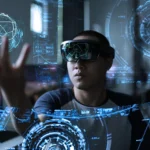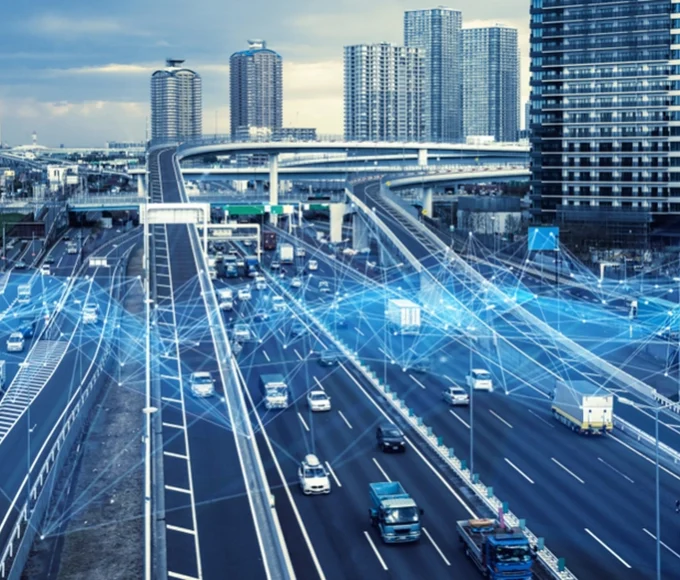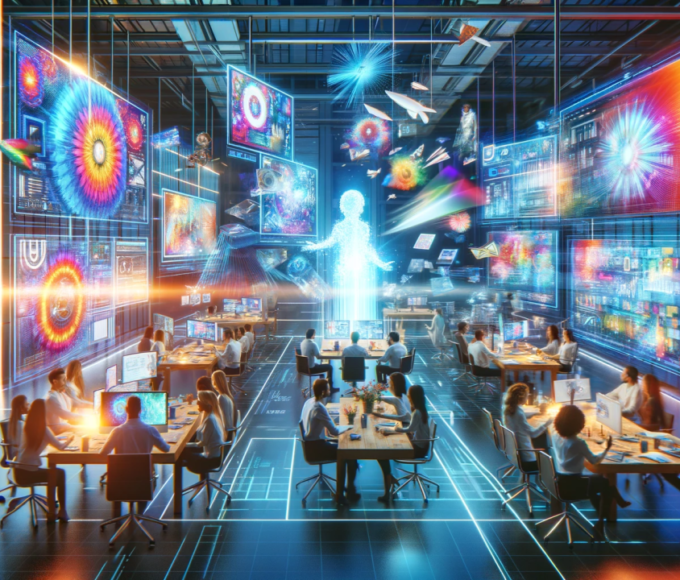The advent of generative artificial intelligence (AI) has revolutionized various sectors, and drug design is no exception. Traditionally, drug discovery and development have been lengthy, costly, and complex processes. However, generative AI is poised to transform this landscape, accelerating the identification and development of new therapeutic agents. This article delves into how generative AI is reshaping drug design, its benefits, challenges, and the future it promises for healthcare.
Understanding Generative AI in Drug Design
Generative AI refers to a subset of AI that can generate new data points from learned patterns in existing data. In drug design, this capability is harnessed to create novel drug candidates with desired biological properties. Unlike classical computational methods that rely on predefined rules and parameters, generative AI models learn from vast datasets of chemical compounds and biological interactions to generate new molecules.
Key Technologies and Methods
Deep Learning: Neural networks, particularly deep learning models, are fundamental to generative AI. They can process and learn from complex datasets, enabling the prediction of molecular properties and interactions.
Generative Adversarial Networks (GANs): GANs consist of two neural networks—a generator and a discriminator—that work in tandem. The generator creates new data samples, while the discriminator evaluates their authenticity. This process iteratively improves the quality of generated molecules.
Variational Autoencoders (VAEs): VAEs are used to encode chemical structures into a continuous latent space, where new molecules can be generated by sampling and decoding points in this space.
Reinforcement Learning: This approach involves training models through trial and error, rewarding the generation of molecules that meet specific criteria such as high binding affinity or drug-likeness.
Benefits of Generative AI in Drug Design
Speed and Efficiency
Generative AI significantly reduces the time required to identify potential drug candidates. Traditional methods can take years of trial and error, but AI-driven models can screen vast chemical spaces in a fraction of the time. This accelerated pace is crucial in responding to emerging health threats, such as viral outbreaks, where timely drug development is critical.
Cost Reduction
Drug discovery is notoriously expensive, with estimates suggesting that bringing a new drug to market can cost upwards of $2.6 billion. Generative AI can mitigate these costs by optimizing the initial stages of drug discovery, reducing the need for extensive physical experimentation through accurate in silico predictions.
Enhanced Novelty and Diversity
Generative AI excels at identifying novel molecules that might be overlooked by human researchers or traditional algorithms. This ability to explore unconventional chemical spaces increases the chances of discovering unique compounds with potentially ground breaking therapeutic effects.
Precision and Personalization
AI models can be tailored to design drugs targeting specific biological pathways or genetic profiles, paving the way for personalized medicine. This precision ensures higher efficacy and reduced side effects, as treatments are custom-designed for individual patients’ needs.
Peptris technologies has become a pioneer in AI enabled drug discovery.
Challenges and Considerations
Data Quality and Quantity
Generative AI models require vast amounts of high-quality data to learn effectively. The availability and accuracy of such data can be a limiting factor. Inaccurate or biased datasets can lead to the generation of ineffective or unsafe drug candidates.
Interpretability and Validation
AI-generated molecules must be thoroughly validated through laboratory experiments and clinical trials. Ensuring that these models are interpretable and their predictions reliable is crucial to gaining regulatory approval and clinical acceptance.
Ethical and Regulatory Aspects
The rapid pace of AI-driven drug discovery poses ethical and regulatory challenges. Ensuring patient safety, maintaining transparency in AI methodologies, and adapting regulatory frameworks to keep pace with technological advancements are imperative.
The Future of Generative AI in Drug Design
The integration of generative AI in drug design is still in its early stages, but the potential is immense. As models become more sophisticated and data availability improves, we can expect even greater advancements. Collaboration between AI experts, pharmaceutical companies, and regulatory bodies will be essential to harnessing this technology’s full potential.
Towards a New Paradigm
Generative AI is not just an incremental improvement but a paradigm shift in drug discovery and development. By enabling the rapid, cost-effective, and precise generation of novel drug candidates, it holds the promise of addressing some of the most pressing healthcare challenges of our time.
Generative AI is set to play a pivotal role in the future of drug design, transforming it from a slow, costly endeavour into a dynamic, efficient, and innovative process.
As we navigate the complexities and opportunities of this technology, the ultimate beneficiaries will be the patients who gain access to safer, more effective treatments faster than ever before.
















Leave a comment